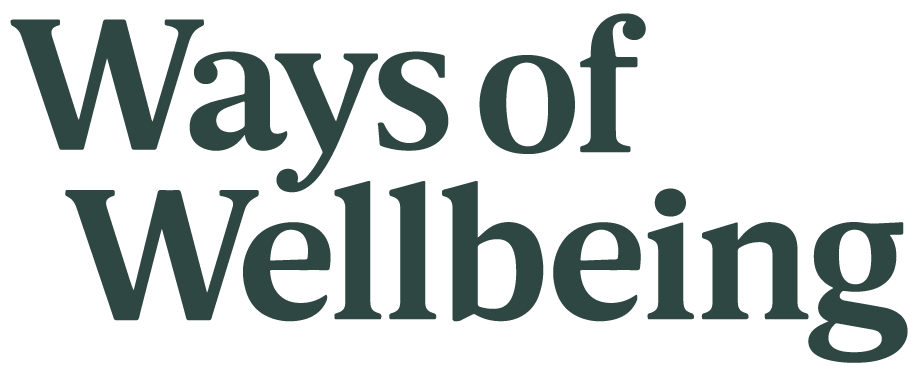Positive psychology- what’s in a name?
In one of Shakespeare’s most famous quotes, Juliet declares “what’s in a name”! Central to the tragedy of the play, Juliet is suggesting that Romeo’s name holds no real meaning, that is does not reflect the true worth of who he is. Similarly, the field of “positive psychology” bares a name that does not reflect its true complexity and value. In recent years, scholars within the field have moved to qualify the depth and sphere of the discipline beyond just positive human experiences, yet it remains burdened by its name.
The field of positive psychology emerged in an attempt to address the imbalance in post war clinical psychology, which was overly focused on disease and distress as opposed to the positive aspects of human experience. “Positive psychology” was the name given to the field of by its founding father psychologist Martin Seligman in 1998, although there are accounts that the term was used even earlier by Humanistic psychologist Abraham Maslow. Positive psychology sought to present a psychological science that was positively oriented, concerned with authentic happiness, and that which constitutes the “good life”. Perhaps, in an effort to assert this mission, the fledgling field adopted the rather definitive term of “positive” as its namesake. Without doubt, positive phenomena are at the core of the field. Its foundation is built on sound scientific evidence of the value of positive emotions, positive character strengths, positive engagement, and positive connections. But using the word “positive” to brand this particular field of psychology has come with the risk of projecting an overly optimistic, reductionistic, and cheerfully naïve approach to wellbeing and mental health. Just as Shakespeare’s Juliet implied, maybe the name doesn’t truly reflect the meaning and worth of the thing. The “positive”, is not the whole picture.
The limitations of interpreting positive psychology as being solely focussed on the positive aspects of life has garnered much attention in recent years. Resulting in a well-articulated need to adopt a more complete approach to wellbeing science. This resulted in an important corrective response, the so called “second wave of positive psychology”, which encouraged the field to approach wellbeing theory and practice in a more integrated and nuanced way, addressing both the positive and negative aspects of human existence. Building on these developments within wellbeing science, the subsequent third wave of positive psychology has sought to continue to explore and articulate the breadth of the field, with calls to look beyond the individual to more collective and systems-based approaches to wellbeing. With the ongoing responsiveness and adaptability of the field, seemingly eager to embrace new learnings and growth, maybe it is time to consider if the name “positive psychology” is still a good fit? Renaming a discipline of science seems like an insurmountable task, but it could well be a critical undertaking if the field is to continue to be relevant and relatable.

